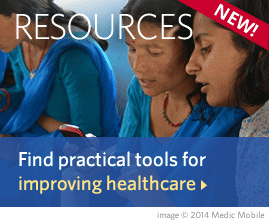Ce rapport MOMENTUM Knowledge Accelerator donne un aperçu de la littérature actuelle sur la capacité organisationnelle et propose un nouveau cadre amélioré qui reflète l'évolution de…
En savoir plus...Affichage des résultats pour: Rapport
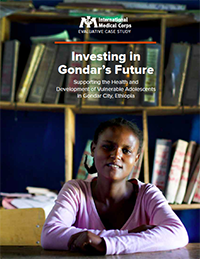
Les adolescents sont souvent confrontés à des obstacles sociaux et structurels importants pour une santé et un développement sexuels et reproductifs optimaux. Pour surmonter ces obstacles, International Medical Corps en collaboration…
En savoir plus...Au cours des dernières années, de nombreux débats et rhétoriques dans le domaine de la santé mondiale se sont concentrés sur l'importance du renforcement des systèmes de santé (SSS), en particulier dans…
En savoir plus...Dans de nombreux systèmes de santé, La consolidation représente une étape vers des soins de santé primaires plus efficaces et mieux coordonnés en aidant à transformer les soins réactifs, orienté autour…
En savoir plus...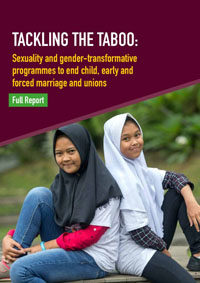
Tackling the Taboo focuses on the need to address social control of adolescent girls’ sexuality in the fight against child, early and forced marriage and…
En savoir plus...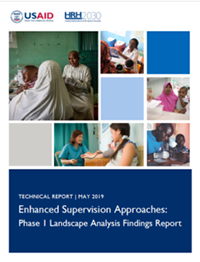
Des approches et pratiques de supervision efficaces contribuent à compenser les déficits de ressources humaines pour la santé. (SAR) entraînement, le management, et les efforts visant à améliorer la qualité de la santé…
En savoir plus...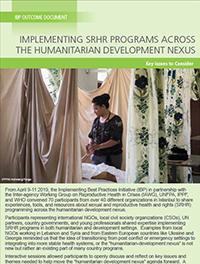
La mise en œuvre des meilleures pratiques (IBP) Initiative, le Groupe de travail inter-agences sur la santé reproductive en situation de crise (IAWG), UNFPA, IPPF, et l'OMS se sont réunis 40 organisations dans…
En savoir plus...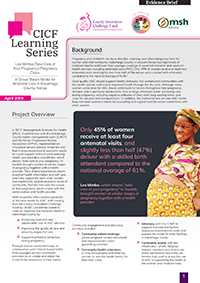
Les clubs de grossesse reflètent une innovation importante dans la manière dont les soins prénatals (ANC) les services sont fournis et comment les prestataires de santé et les femmes s'associent pour atteindre…
En savoir plus...
Ressources nationales (RD) Utiliser (tu) et mobilisation (M), ou TAMBOUR, pour la CSU se concentre sur l'utilisation efficace des ressources pour la santé. De nombreux pays sont confrontés à des situations critiques…
En savoir plus...



